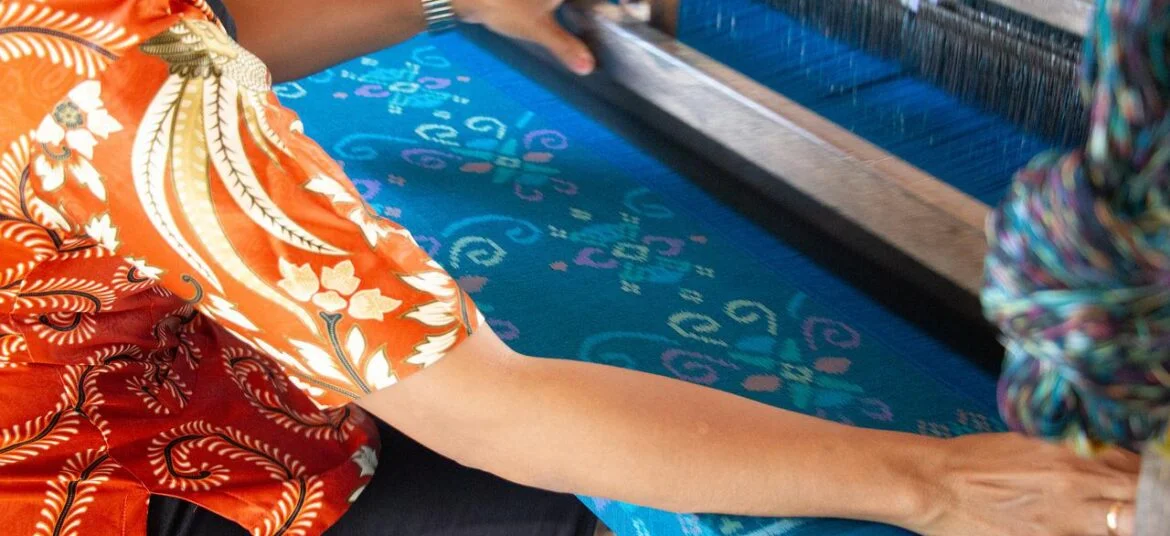
Indonesia is a melting pot of numerous cultural, ethnic and religious identities. From its population to two of its most well-known exports – batik and coffee – it is a unique picture of unity in diversity.
The archipelago of more than 17,000 islands is home to approximately 277 million people coming from over 300 distinct ethnic and linguistic groups. It is dominated by the Javanese (40.1%), followed by the Sundanese (15.5%), Malays (3.7%), Batak (3.6%), Madurese (3%), Betawi (2.9%), and others (31.2%).
The national language is Bahasa Indonesia, a language similar to Malay, although English is widely spoken, especially in bigger cities. Due to its colonial history, there are also places that use Dutch or French.
Indonesia has the largest Muslim population in the world. In a 2010 census, over 87% of Indonesians identified as Muslim. This was followed by those who identified as Protestant (7%), Roman Catholic (2.9%), Hindu (1.7%), Buddhist and Confucian (0.9%).
Bhinneka Tunggal Ika (“Unity in Diversity”)
With such a large and diverse population, the potential for growth is incredible as is the risk of conflict and fragmentation. The government has sought to address this risk by emphasizing the importance of unity among its various multicultural groups. Indonesia’s national motto, Bhinneka Tunggal Ika (“Unity in Diversity”), is a reminder to its various ethnic, racial and religious groups that despite their differences, they are one people. In his annual state of the nation address in 2020, President Joko “Jokowi” Widodo echoed this message as he called for mutual cooperation and reminded citizens that “goodness and virtue” were essential for Indonesia to advance.
The nation’s rich and diverse identity is reflected in two of its most iconic products: the famed batik and its world-renowned coffee.
Batik
The unique art form of batik is a traditional method of hand-dyeing fabric using dye-resistant wax. Craftsmen often mix multiple colors, resulting in a captivating fabric of bright colors with intricate patterns, much like Indonesia’s own multicultural identity. Clothing made from batik fabric has become popular in neighboring countries, and the art of batik production has spread to China, India and even as far away as Nigeria. Batik is a source of pride for the nation and is rooted in culture, tradition and creativity. Many organizations recognize it as an appropriate dress for both special and formal business events.
Coffee
Coffee has likewise become synonymous with the Indonesian island that produced most of the world’s supply in the early 1700s. (Who would refuse a hot mug of java in the morning?) First introduced and grown on the island of Java, several coffee varieties are now cultivated across the archipelago. The country is a top exporter of coffee, is one of the world’s most diverse coffee origins, and has a strong domestic consumption culture. For many Indonesians, a cup of coffee is an occasion to bring people together, no matter their ethnic or religious background.
Investing in Indonesia
Indonesia’s embrace of multiculturalism presents numerous exciting opportunities and challenges for foreign investors. Our experience and foothold in Indonesia can help you navigate these.
Stay up to update with our latest news.
Have Us Contact You
